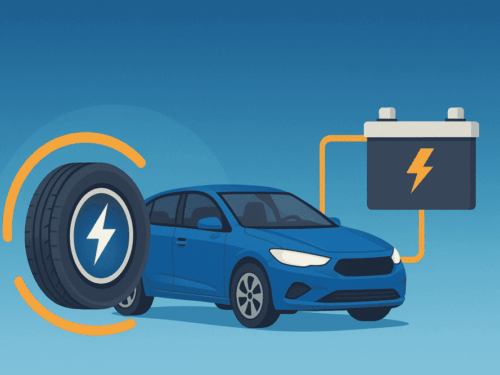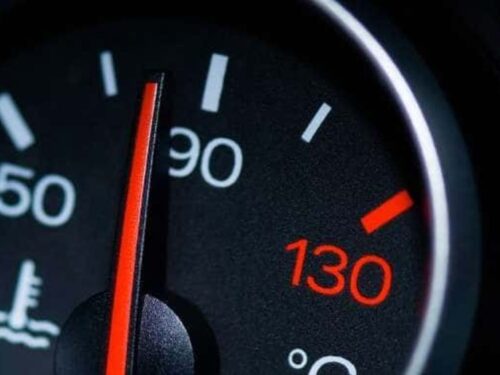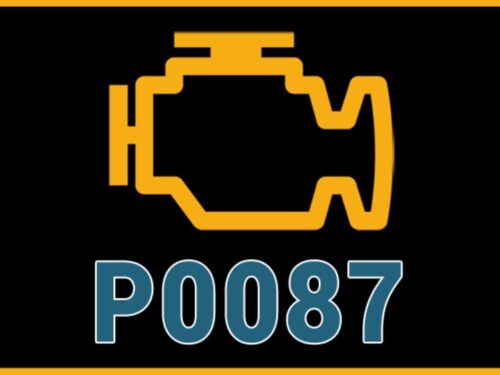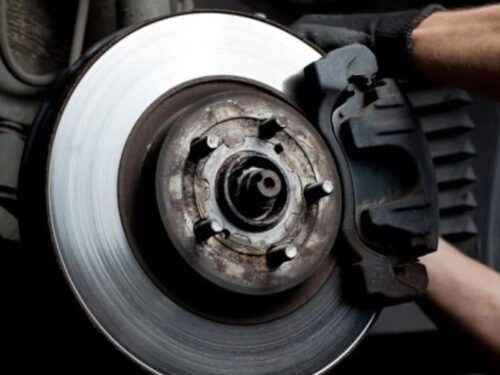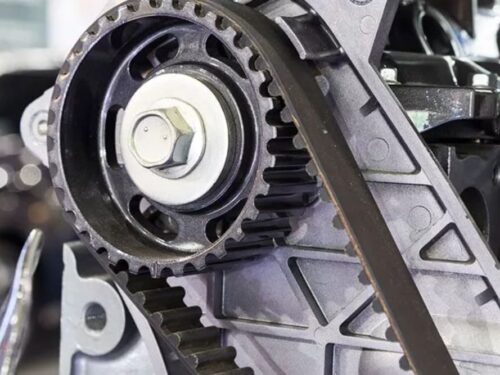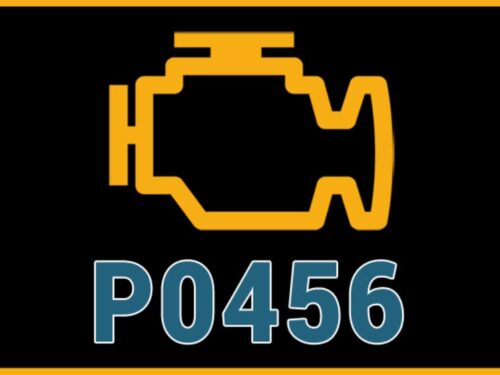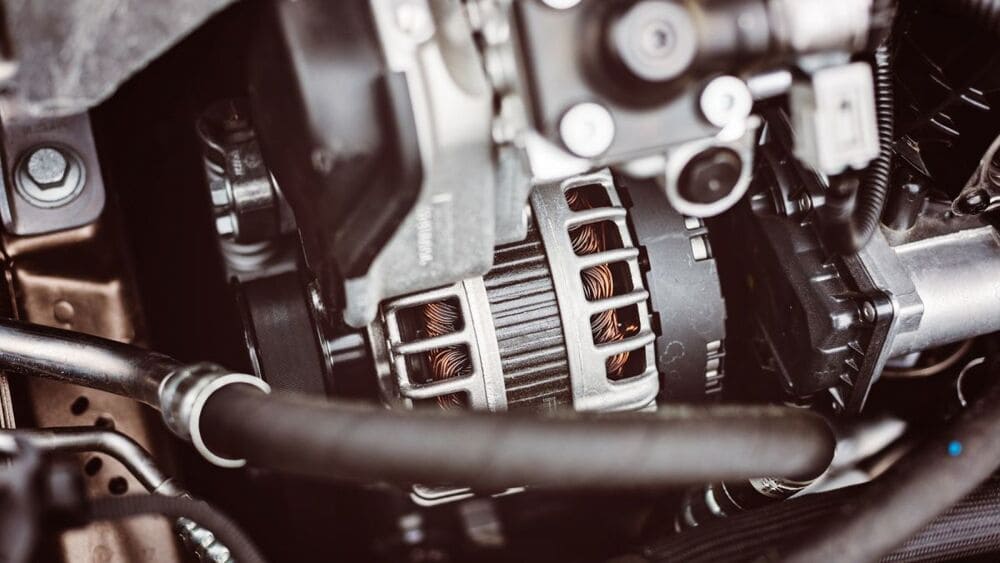
Whether your car starts with the push of a button or the turn of a key, you expect the engine to roar to life effortlessly. If starting your engine causes any abnormal engine noise, the lights in your car to dim, dashboard warning lights, or any other difficulties, don’t despair. Many mechanical ailments can cause these symptoms, but we’re here to help you identify and solve the problem.
What, Specifically, Are We Looking For Here?
Most often, any problems that arise when starting your car’s engine are due to an issue in the starting or charging system. The symptoms to look for are:
- Slow or struggling engine cranking
- Clicking noises and the engine not starting
- Dashboard warning lights remaining on after the car has started
- Frequent jump starts
- The car’s interior and exterior lights dim when the engine starts.
How Do I Check The Starting and Charging Systems?
Check the battery: First, confirm that its terminals are not corroded or loose. Then, think back to when you last replaced your battery. Consider having it tested or replaced if it’s been three years or more.
If you have a multimeter, check your battery’s voltage. It should be around 12.6 bolts when the engine is off and between 13.7 and 14.7 volts when it’s on.
- Examine the alternator: If it fails, your car’s starting battery won’t recharge. To test it, start your car, then disconnect the battery’s positive terminal. Your alternator may be the guilty party if the car turns off or struggles. A faulty alternator can make it seem like your battery is the issue. Checking it ensures you don’t waste money on an unnecessary battery change.
- Test the starter by listening for clicking sounds while starting the car: Clicking can indicate a failing starter.
- Confirm that your drive belts are still in good shape: If they’re worn or broken, they won’t function properly.
- Identify any warning lights on the dashboard: They can point you in the right direction and mitigate a lot of trouble.
When Should I Get Professional Help?
The short answer is whenever you feel you need it. The long answer is: you should consult a mechanic if you’re unsure about your next step, your tests show potential issues, the problem persists despite repairs, or if you are uncomfortable doing any of this on your own. There’s no shame in scheduling an appointment with a mechanic. It’s better to do so if you’re unfamiliar with electrical safety measures.
Courtesy of absolutecarcare

